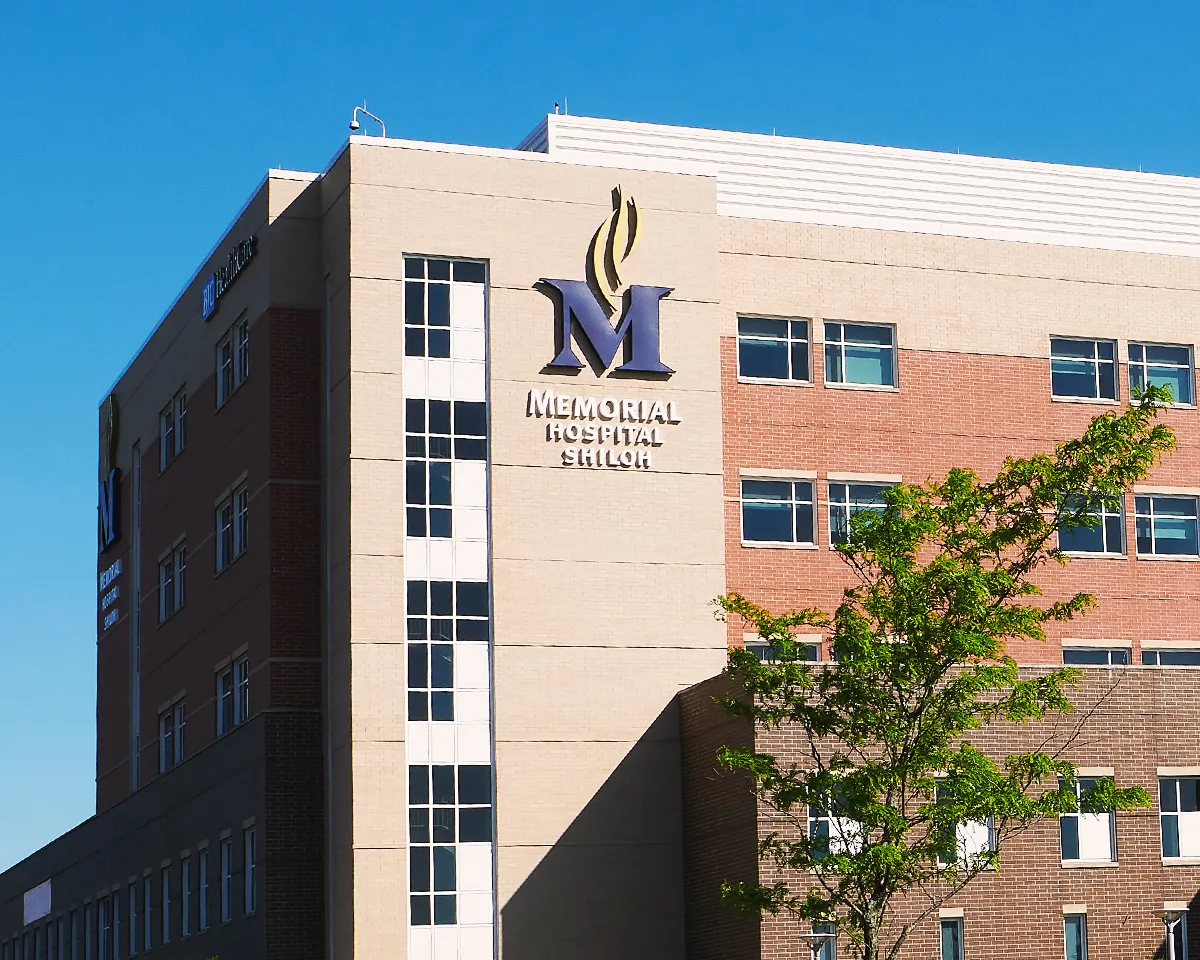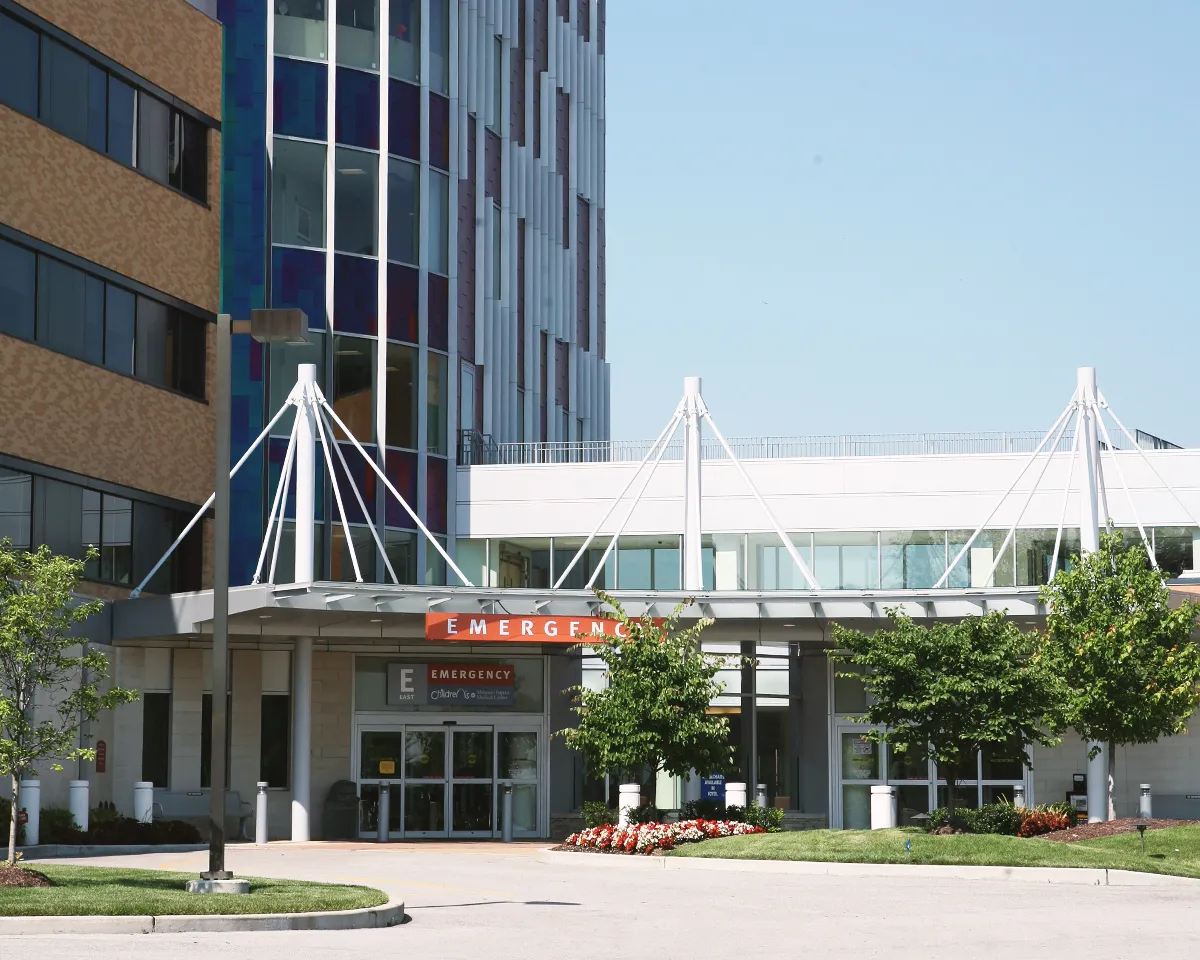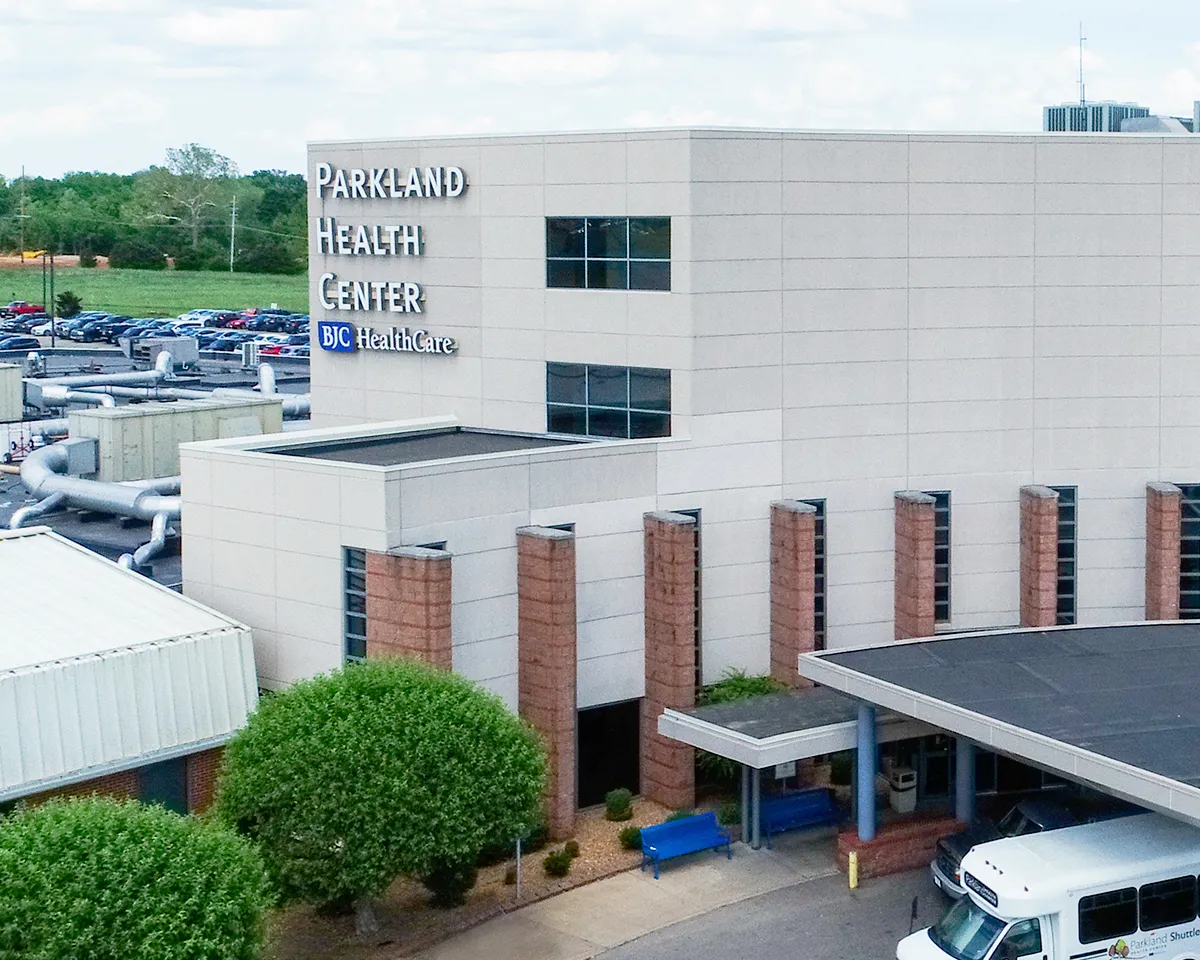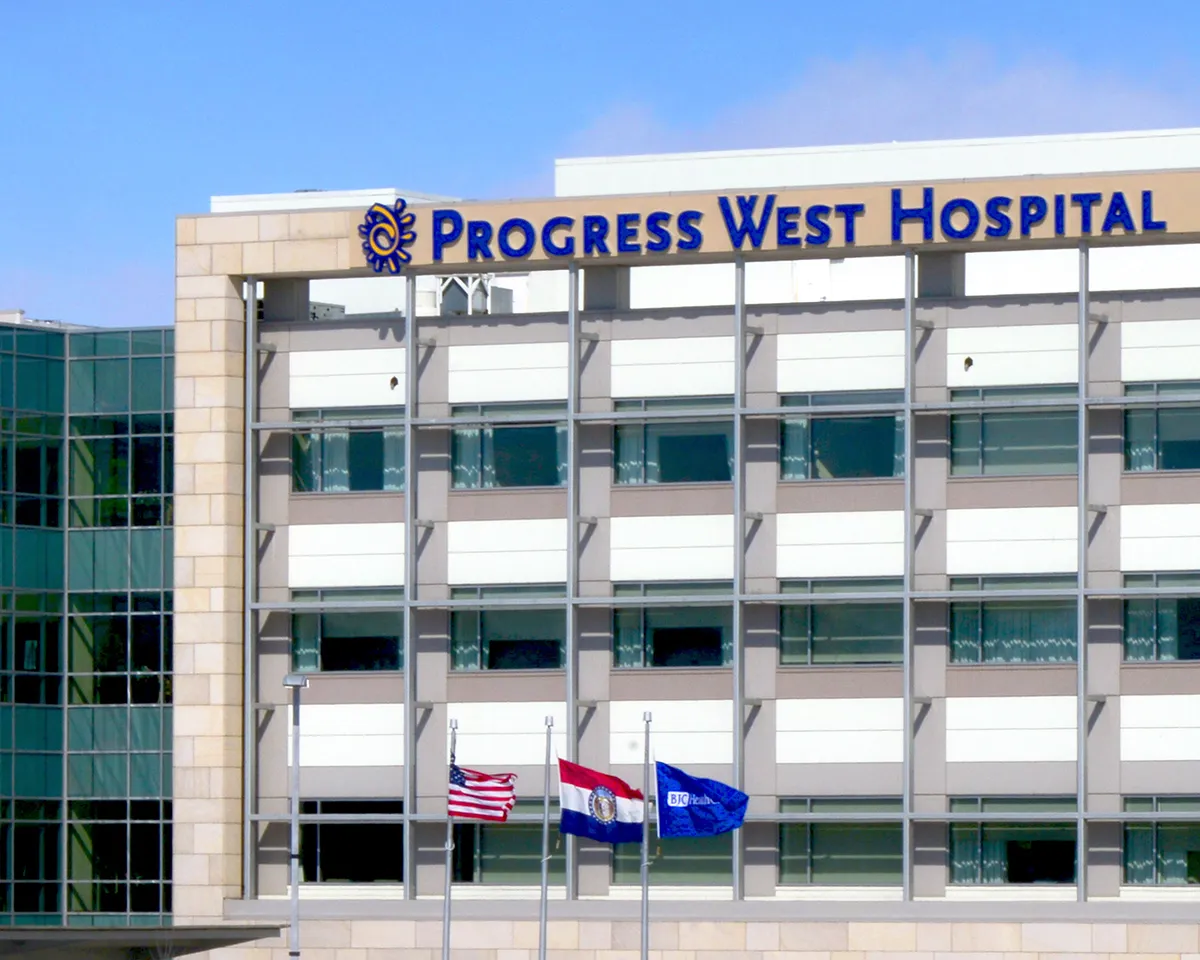High-Risk Pregnancy
A high-risk pregnancy can be stressful, and you want to know you’re in the best possible hands. We specialize in diagnosing and treating pregnancy complications and fetal conditions. You’ll find guidance, compassionate support and a level of expertise that’s unmatched in the region.
BJC HealthCare works with Washington University physicians, BJC Medical Group, and providers across the region to deliver extraordinary care. Your pregnancy may be considered high-risk if a medical condition threatens your health or the health of your unborn baby. This can be a very distressing time, which is why where you go for care is so important. At BJC HealthCare, you’ll find:
Care for complex fetal and newborn conditions: We have multiple St. Louis Children’s newborn intensive care units (NICUs) across our hospitals, including St. Louis’s only Level IV NICU connected to labor and delivery. Our Fetal Care Center is among only a few centers in the country that provides integrated maternal and fetal care in one location, including complex fetal surgeries and interventions for rare fetal conditions.
Advanced diagnostic testing: Our diagnostic experts perform thousands of ultrasounds and genetic amniocentesis and chorionic villus sampling (CVS) procedures each year. We also offer fetal echocardiogram, fetal MRI and other specialized prenatal tests to diagnose complex conditions quickly and accurately.
Specialized maternal expertise: BJC HealthCare is home to BJC Medical Group and Washington University board-certified and fellowship-trained maternal-fetal medicine specialists. Also called high-risk Ob/Gyns or perinatologists, these experts specialize in the needs of women carrying high-risk pregnancies. They can work in partnership with your Ob/Gyn or they can become your OB provider.
Collaborative team: Many providers work together to ensure you and your baby receive complete care. Your team may include high-risk pregnancy doctors, sonographers (providers specializing in ultrasounds), genetic counselors, specialized nurses and neonatologists (doctors specializing in newborn care).
Support for families: We help you face the physical, emotional and spiritual challenges of a high-risk pregnancy or a baby with a fetal condition. Services include perinatal behavioral health counselors, a perinatal hospice program, chaplains and other resources to help you and your family cope and heal.
When a routine ultrasound showed a mass on her unborn baby's brain, Emily Murray turned to our hospital’s Fetal Care Center for answers and a care plan.
When you or your unborn baby has a serious health condition, you need experts who are skilled in fetal and maternal care. Our experts, from multiple specialties, collaborate to provide support, guidance and specialized treatments. Maternal-fetal medicine specialists work alongside obstetrician-gynecologists, neonatologists and pediatric specialists to build your care plan.
In addition, our Fetal Care Center is one of the region’s leading providers offering care for complex fetal conditions. From our Level IV NICU to our expertise in fetal surgery (procedures we perform on babies still in the womb), the level of care we provide is unmatched in the region.
Your pregnancy may be considered high-risk if you are age 35 or older, carrying multiple babies or if certain fetal conditions are found during prenatal care screenings. It may also be considered high-risk if you have one or more of these issues:
- Diabetes in pregnancyPreexisting Type 1 or Type 2 diabetes increases the risk of pregnancy complications and health conditions in your developing baby.
- Gestational diabetesGestational diabetes (high blood sugar) develops in pregnant women who did not previously have diabetes. It usually goes away after delivery.
- High blood pressureHaving high blood pressure before pregnancy or developing it during pregnancy (gestational hypertension) increases the risk of preeclampsia.
- Preeclampsia and eclampsiaPreeclampsia and eclampsia are sudden and dangerous spikes in blood pressure after the 20th week of pregnancy, in addition to problems with organs.
- Recurrent pregnancy lossSome women get pregnant but are unable to carry the pregnancy to term. Recurrent pregnancy loss is two or more miscarriages in a row.
Our high-risk pregnancy experts use the latest tools to diagnose, monitor and treat health problems in pregnant individuals and their unborn babies. Early detection is key to providing the best treatment.
Our specialized procedures and extensive experience mean we can catch many potential problems that often go overlooked until later in a pregnancy. We also offer second opinions for high-risk pregnancies and fetal conditions. A second opinion can confirm a diagnosis, provide more information and help you make better treatment decisions.
High-risk pregnancy tests can include:
 Barnes-Jewish Hospital
Barnes-Jewish Hospital Memorial Hospital Shiloh
Memorial Hospital Shiloh Missouri Baptist Medical Center
Missouri Baptist Medical Center Parkland Health Center
Parkland Health Center Progress West Hospital
Progress West Hospital
Schedule your appointment
Call (314) 362-9355 or (800) 392-0936 to schedule your appointment with a high-risk pregnancy specialist.